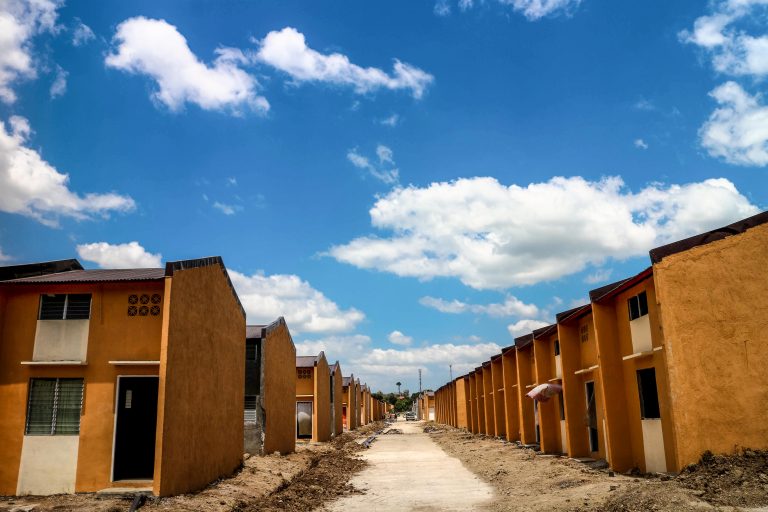
On March 8, 2017, urban poor group Kalipunang Damayang Mahihirap (now known as the household name Kadamay) launched their Occupy Pabahay campaign in various government low-cost housing sites in Pandi, Bulacan. Their members from various towns in Bulacan and parts of Metro Manila trooped to various housing areas, armed only with their clothes and other necessities and the belief that the government should allow them to live in the idle government housing projects (three to five years unoccupied and wasting away).
It was an event that surprised many–boned and shredded to bits by the DDS, the anti, the yellow, the privileged and the apathetic in social media and elsewhere not as physical as a housing takeover.
But the most shocking detail in that happening was that thousands of Filipinos have remained homeless for decades and generations. There were typhoons, fires, floods, volcanic eruptions and other disasters that robbed fellow Filipinos their homes. But there were the poor–for simply being poor and remaining poor–who never had a home to call their own. Until Occupy Pabahay. That time, they have claimed for themselves what should have been an inalienable economic, social and cultural right.
A year ago, we were there. See photos below from last year’s Occupy Pabahay.
Idle housing units in Pandi, Bulacan. They were allotted for police and military personnel, but most were not occupied because the beneficiaries do not agree with the location, area, size, build and other aspects of the project. One woman we spoke with said only the poor would be accepting of housing units like these.
Stark poverty in government housing and relocation sites. Living conditions here are far from ideal. Even after three years, some parts of one housing site does not have water and electricity lines. Residents need to pay for their drinking, bathing, washing and cooking water. The household with the more household appeared to be the more affluent. There are no jobs around and people fall into recurrent hunger. Ventures like sari-sari stores failed because of debts that were not paid and the owners themselves needing to eat their own wares.
Redemption in resistance. To some, the easier choice is to endure–and the Filipinos are well-known for this trait. But a life of penury is never an easy path. Only those who chose to embrace the struggle for a better life, for their own human rights and for a better society achieve personal and collective victories. The heroes of Occupy Pabahay would never have had their own homes–it would not have been possible to realize this basic human right–had they not fought for them.
The post One year after Occupy Pabahay appeared first on Manila Today.


































